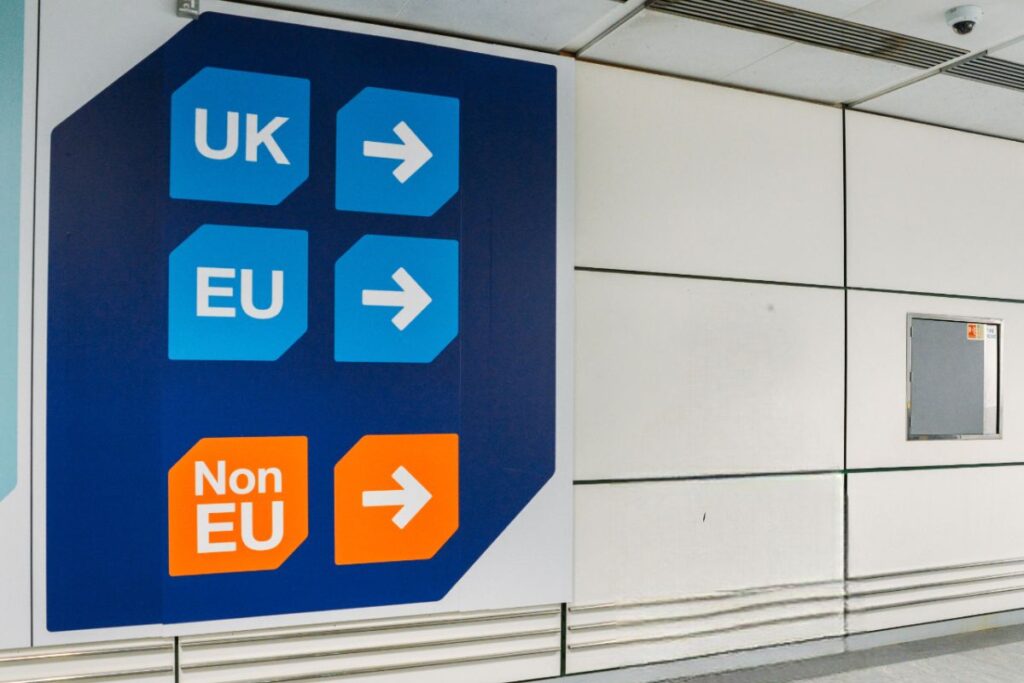
Recent changes in Danish legislation have provided significant benefits to foreign students studying in Denmark. Here’s a breakdown of what this means:
- Increased Work Hours:
- Foreign students can now work part-time for up to 90 hours a month. This is an increase from the previous limit of 20 hours per week.
- Financial Benefits:
- The change allows students to earn more money, which can help cover living expenses, tuition fees, and other costs associated with studying abroad.
- Flexibility in Employment:
- Students have more flexibility in managing their work and study schedules. The 90-hour cap provides opportunities to work longer hours during less busy academic periods.
- Impact on Studies:
- While the increased work hours offer financial benefits, students must balance work with their academic responsibilities to avoid any negative impact on their studies.
- Visa Compliance:
- Foreign students must ensure they remain compliant with visa regulations. Exceeding the 90-hour limit could result in penalties or issues with visa renewal.
- Enhancing Work Experience:
- More work hours enable students to gain valuable work experience, which can be advantageous when seeking employment after graduation.
- Support from Employers:
- Danish employers are likely to support this change as it provides them with access to a larger pool of part-time workers, especially in sectors experiencing labor shortages.
- Future Prospects:
- This change may make Denmark a more attractive destination for international students, offering both quality education and greater opportunities to work during their studies.
These adjustments reflect Denmark’s commitment to supporting its foreign student population, making it easier for them to thrive both academically and financially.
For latest news and updates, visit https://greenoutdoors.in/news/ or connect with us only at visa@gogpl.in.



